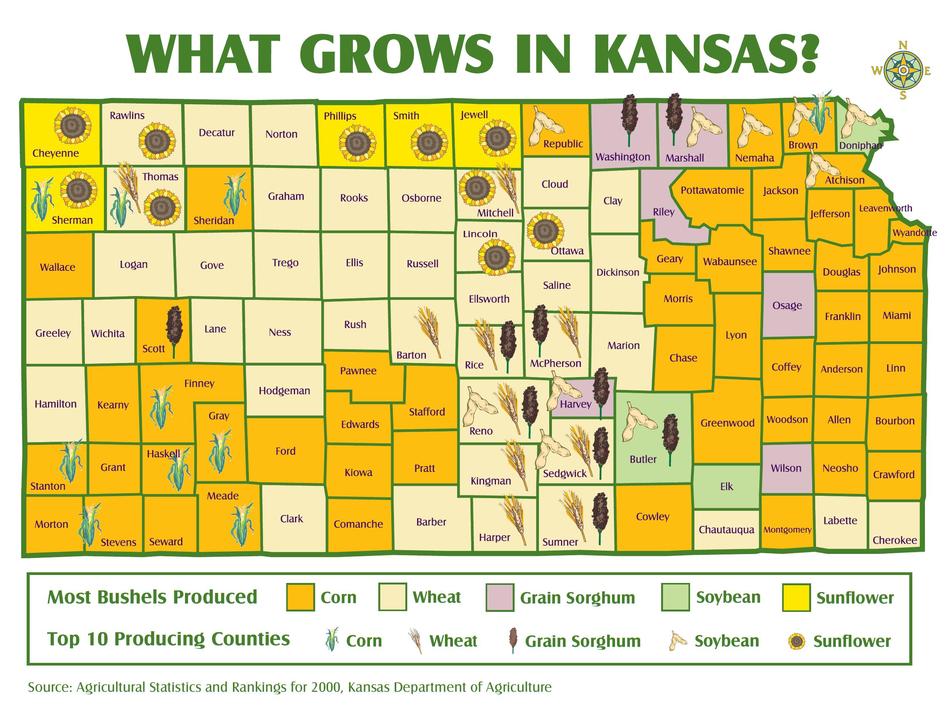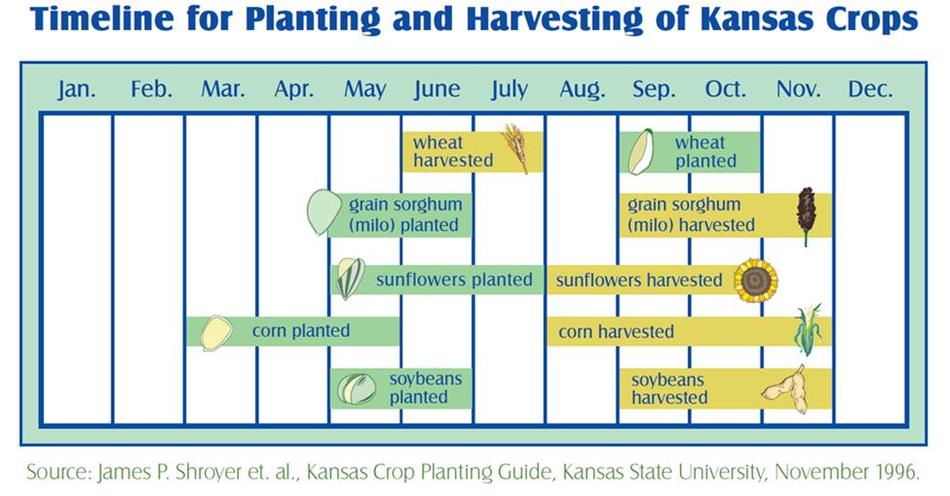The Kansas Legislature enacted a bill which restricts the employment of infants on motion picture sets and which requires the establishment of trust funds for the earnings of child actors who earn more than $5000. The bill authorizes the Kansas Department of Human Resources to issue regulations to carry out the purposes of the act and to ensure the safety and well-being of minors on motion picture sets. For further information contact the Kansas Department of Labor – Employment Standards at (785) 296-4062.
There are no state filming permits, however individual cities and/or counties may require permits for filming. Please call the film commission for more information. (785) 296-4927.
No hotel occupancy tax for stays in excess of 28 days
Kansas is a Right-to-Work state. See Unions and Guilds in the production guide section for union contacts.
The Kansas Highway Patrol and the Kansas Department of Transportation are responsible for all state and interstate highways. Film activities on city streets or county roads should be coordinated through police officials or county sheriffs. The Kansas Film Commission will assist you in all jurisdictions.
The Kansas Department of Transportation (KDOT), Kansas Department of Revenue and Kansas Corporation Commission regulate the movement of commercial motor vehicles into and throughout the state. Information on required credentials is available through the KDOT Special Permits Section (785) 296-7400 or the Motor Carrier Services Bureau (785) 296-2356 during regular weekday business hours.
Size and Weight Limitations:
The Kansas Turnpike is privately owned highway stretching from I-35 at the south border to I-70 at Kansas City. Larger and heavier vehicles are allowed without special permits. For policy on movement, contact the Kansas Turnpike Authority (KTA) at (316)682-4537.
Proof of liability insurance must be carried in vehicle at all times.
| Butler Most Farmland | Sumner Most Wheat & Sorghum | Haskell Most Corn | Sherman Most Sunflowers | Brown Most Soybeans | Finney Most Money Made |


Kansas’ “big sky,” dramatic sunsets, and great variability in temperature and precipitation are all important aspects of the regional personality. Winter blizzards, violent windstorms and heavy rains are common throughout the state, and the continental climate (on occasion) produces rapid temperature extremes.
Generally the summers are quite warm, the winters are mild and the humidity is on the moderate side. January is the coldest month, with average high temperatures near 31 degrees. July is the warmest month, with average high temperatures near 81 degrees. Much hotter summers and harsh, cold winters are not uncommon.
Annual precipitation amounts range from 30 – 40 inches in the east, while drier conditions are common in the west. In Kansas you can enjoy four distinct seasons, each with its own unique qualities.
| January 31° | April 57° | July 81° | October 60° |
| February 36° | May 66° | August 80° | November 45° |
| March 44° | June 76° | September 71° | December 35° |